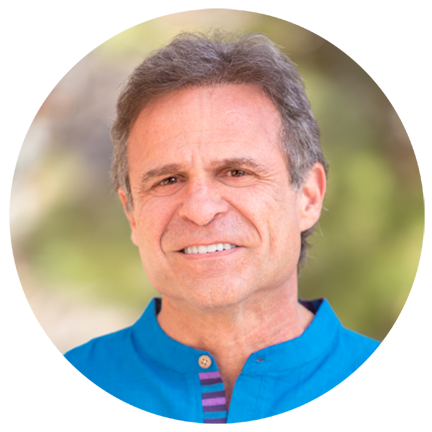The process of addiction recovery is a profound, uplifting, life-changing one – but one that can prove itself unsustainable without a strategy in place for what happens after rehab. It’s estimated that of the 11 percent of people in the US who seek treatment for addiction, 40 to 60 percent relapse at some point. That’s why it’s incredibly important to make sure your rehab program places a well-deserved focus on continuing care.
Cultivating a self-care practice to carry you through the challenges of early sobriety will serve you not just in the period following addiction treatment, but for the rest of your life – and meditation is a key part of that. As it turns out, the age-old practice of mindfulness is the perfect antidote to the anxiety, fear and self-sabotage that are so characteristic of addiction.
Addiction is a Product of Suffering
Suffering is an inherent part of the human condition, and substance use is a common response to it. The problem with that, though, is that checking out of our difficult experiences doesn’t give us the chance to learn how to deal with them. Challenging moments and the uncomfortable emotions they produce aren’t problems to be fixed, but rather, natural parts of life. Meditation gives us the perspective to accept this.
Finding Acceptance Through Mindfulness
Contrary to popular belief, the goal of mindfulness meditation isn’t to clear your mind of thoughts but to honor them and let them pass without getting attached to their narrative. This distance between your experiences and knee-jerk reactions is exactly what allows you to keep from reaching for substances as an escape.
UCLA mental health lecturer Dr. Adi Jaffe explains that meditation helps us avoid relapse because, “By changing your relationship with your thoughts, feelings, and experiences and learning to accept them as they are, rather than how you might like them to be, you can literally change your brain and strengthen neural networks that are important in managing stress and anxiety.”
Overcoming Cravings and Patterns of Addiction
In so many ways, mindfulness practice guides us away from addiction. When addiction creates impulsivity, meditation strengthens our self-control. When addiction destabilizes our mood, meditation helps us regain emotional balance. When addiction leads to negative self-talk, meditation improves our self-image. It may even teach us how to love ourselves again (or for the first time), enabling us to connect more deeply and genuinely with others.
A relapse prevention practice called urge surfing has its origins in mindfulness meditation. This technique allows us to observe cravings and let them run their course as opposed to responding to them habitually with addictive behaviors. Since cravings realistically only last about 15 to 20 minutes each time, sitting with this uncomfortable feeling until it runs its course eventually diminishes its power – all without the use of questionably effective medication.
Integrate Mindfulness Into Your Addiction Recovery
Learning how to accept each present moment is a powerful exercise that holds potent benefits for your recovery and your life. As you begin to meditate more regularly over time, you’ll be amazed by what profound changes this simple practice can create.
Here at The Sanctuary, we understand how helpful mindfulness is to the process of recovery. Our Integrative Addiction Recovery program was purposely created to move beyond the limitations of traditional recovery and includes holistic healing techniques like meditation training, shamanic soul retrieval, somatic therapy and so much more.
To learn more about the uses of mindfulness in addiction recovery, see our article How Meditation Helps Us Move Beyond Addiction.
If you’re ready to start making the changes you want to see in your life, call us at (877) 710-3385 or email us at [email protected] today.

He is the Founder, Administrator, Counselor at the Sanctuary at Sedona.
He has a BA in Political Science and is currently Senior teaching staff at Four Winds Society, an international school of energy medicine. His credentials also include being an Ordained Minister; a Certified Shamanic Breathwork® Facilitator; a Founding Member Society for Shamanic Practitioners; a Member of Association for Comprehensive Energy Psychology; a Member of the National Institute for Holistic Addiction Studies. [email protected]

